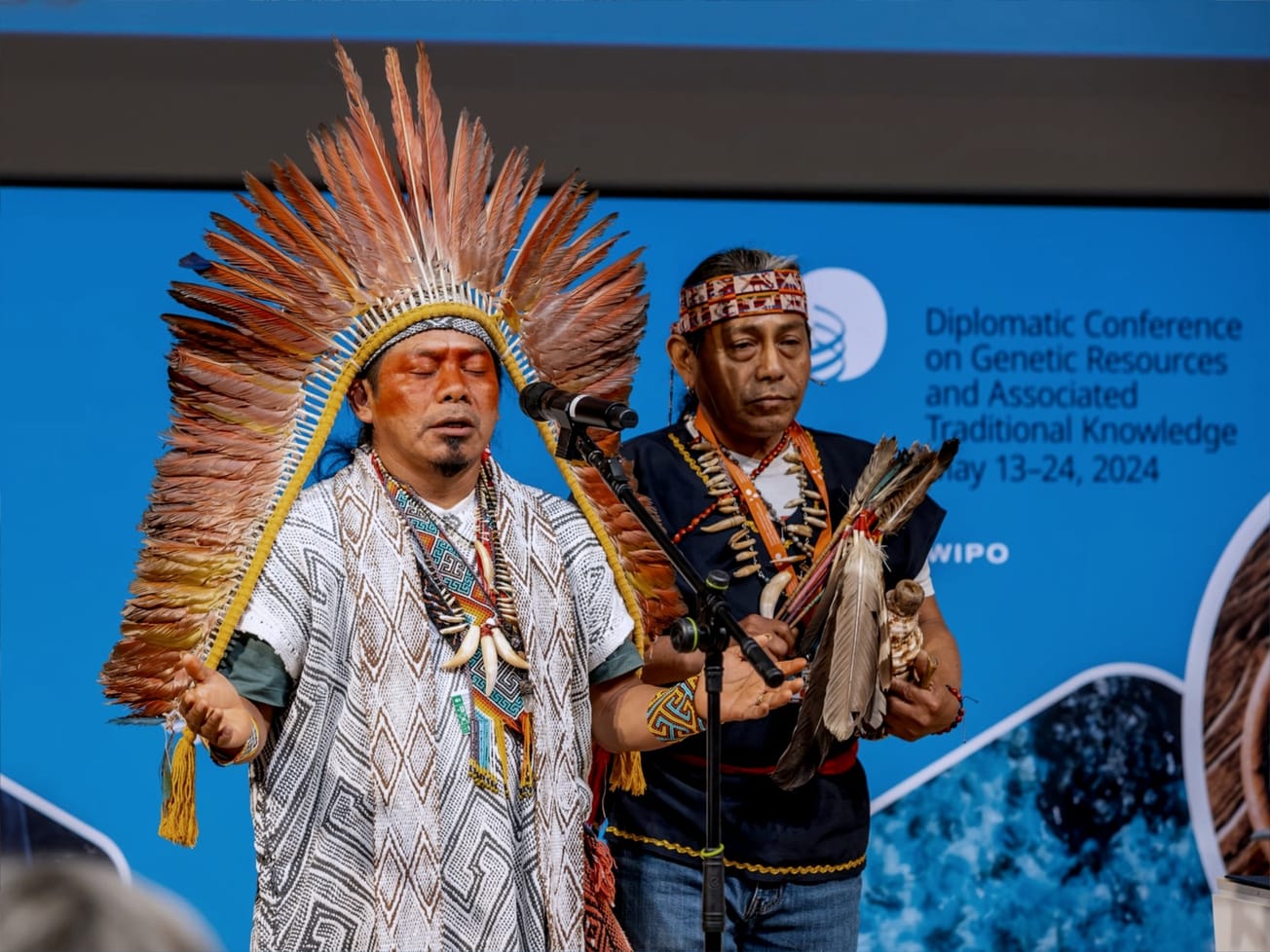GENEVA (AN) — Nations adopted a new treaty to protect inventions that are based on Indigenous people's medicinal plants, agricultural crops and animal breeds and their knowledge of traditional uses for them.
The treaty was approved by the World Intellectual Property Organization's two-week diplomatic conference, which drew 1,200 delegates and observers representing the world body's 193 member nations.









